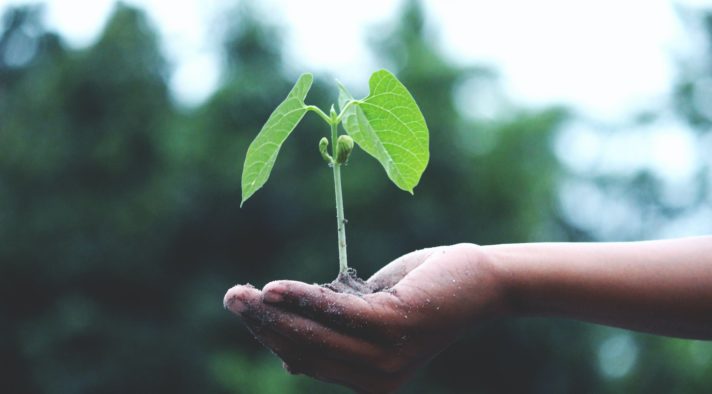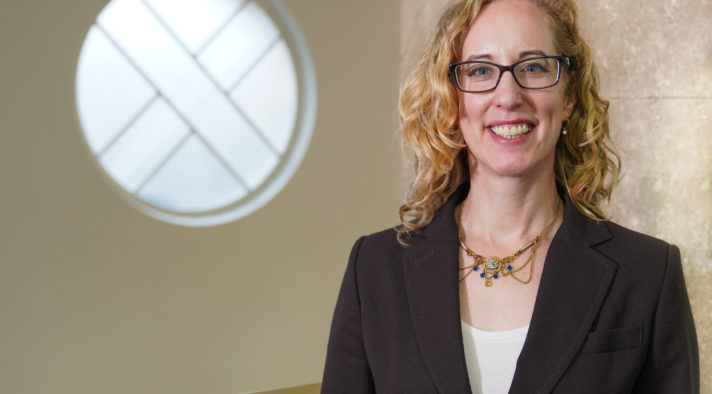In 2020 the world has been hardly impacted by the COVID-19 pandemic which has modified citizens’ ways of working, socialising and living, affected global economies and livelihoods and influenced governments’ change of plans worldwide to provide an immediate response to the crisis. The region of Lombardy, in northern Italy, has been severely affected by the pandemic and we talk to Minister of Environment and Climate, Mr Raffaele Cattaneo, to learn about their actions and expectations for the sustainable development of the region.
Regions4: Mr Cattaneo, what are the actions and measures the Government of Lombardy has implemented or aims to implement in the near future, to provide a response for the COVID-19 crisis to protect Lombardy’s population ensuring the social, economic and environmental sustainability for the region?
Raffaele Cattaneo: Lombardy has been hit hard by the COVID-19 emergency, thus the first action was to reorganize hospitals and the health emergency system to ensure adequate care for everyone. From the beginning we have been concerned about the problem of personal protective equipment’s supply, first of all for doctors and nurses and, in perspective, for all citizens, starting with workers.
We have made a call to action to our industries with a big challenge: to quickly convert their production, thus contributing to the supply. In collaboration with Politecnico of Milan, as a technical-scientific partner, we are evaluating the performance of the new equipment that our factories are producing. At the moment one company has obtained the authorization for the production of masks and we are confident of being able to have other proper equipment soon.
Today, we are also working on the recovery plan. The pandemic is putting us in front of a complex economic and social crisis that we must immediately tackle. Lombardy Region has allocated €3 billion for investments in public works and infrastructures throughout the territory.
Leaving no one behind, we addressed also the families with special tax reduction measures, direct financial support, further assistance for the disabled, grants for the purchase of e-learning devices, subsidies for home renters, etc.
R4: Regional governments have shown great leadership responding to the crisis, making the most of their legal and budgetary competencies, technical capacities, and knowledge to build bridges between the national and local levels of governments. Can you provide an example of multi-level governance policies that have contributed to a positive response to the crisis in your region and country?
RC: At the national level, a direction cabinet has been set up for coordination between the state and the regions, where national measures are discussed and the regions present their specific needs. Within a national framework, regions can then define some specific measures for their territories.
In addition to the regulatory aspects, I would like to highlight the areas of effective collaboration that the territories have been able to put into practice. Lombardy Region is collaborating with all municipalities both through direct dialogue and through ANCI (the Association of Cities and Towns) not only for the application of emergency health measures but also for initiatives of closeness to the citizens.
For example, with ANCI and with the trade associations we launched the “Stores at home” initiative, activating a widespread home delivery service for groceries, especially in smaller municipalities where such services are not normally available.
R4: This crisis has enhanced the need for a swift in the global governance system, the role of multilateralism and stronger international cooperation. What do you foresee that this will mean for regional governments?
RC: In my political experience, I have always dedicated much space to cooperation with other regions, in the belief that dialogue between territories is fundamental to enhance one another and to build stronger policies, close to the needs of citizens and with a vision of the future.
In this period I have received many signs of affection and offers of support from many colleagues in Europe and worldwide, this is the expression of solidarity that knows no boundaries but acknowledges the communities in the territories as the glue of a political and social relationship.
This relationship has a fundamental value today because it is the starting point for a recovery that does not lead us to where we were before, but that from there goes forward towards an even more supportive multilateralism founded on the same vision of the future.
R4: What lessons do you think this pandemic can offer us to address other global issues such as the climate emergency?
RC: The first lesson is that we live on One Planet, where we are all interconnected. The pandemic has no boundaries, the same goes for climate change. We must have a global vision and act in our territories with tailored actions while sharing the same objectives. Likewise, we have overcome some divisions to deal with the pandemic, we can do the same to face the even greater challenge of climate change.
Furthermore, at this time of reflection on the recovery from the crisis, we should be asking ourselves which future we want. Restoring the pre-crisis situation is not enough, it would mean looking to the past. Instead, we now need to plan the future and this is right the time to put sustainability at the core of our decisions. A sustainable path that will allow us not only to combat the effects of climate change and preserve the planet’s resources, but that can help us immediately to restart the economy since today it is also a factor of competitiveness and growth.
R4: What key message would you like to send to the international community regarding the joint actions that could be delivered to find a way out of the COVID-19 crisis?
RC: I have never thought that environment and climate policies are ancillary or incidental to the development strategies, but rather, on the contrary, make up the backbone of any forward-looking economic growth and social development. This is especially true at this moment. I believe that the international community, from the international organisations to the states, regions and cities, must extend the spirit of solidarity of the current times to address a green recovery and a real resilient future.



